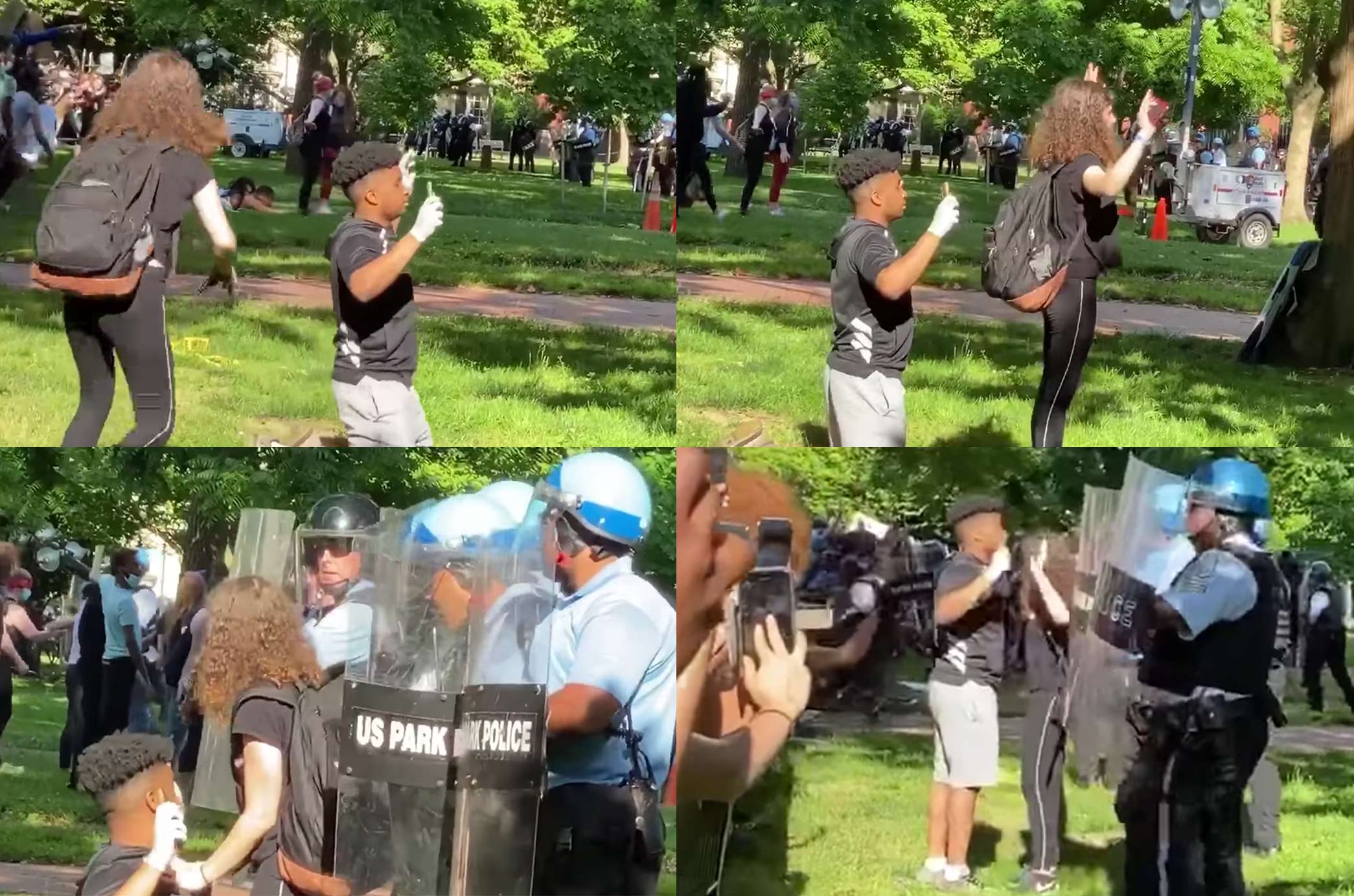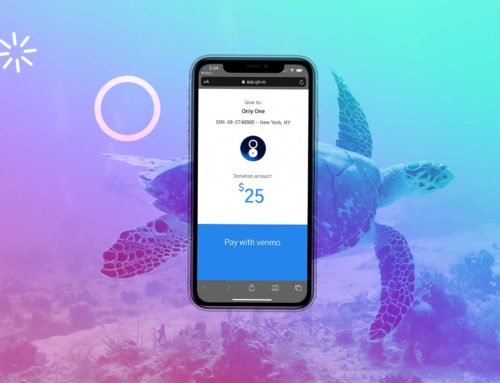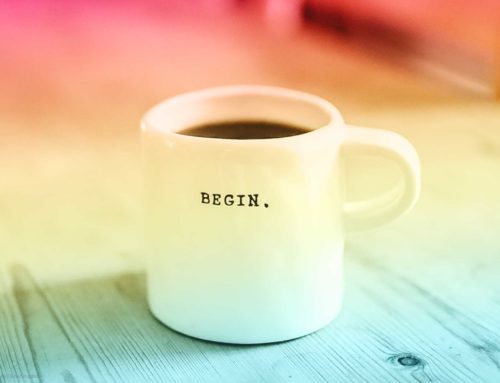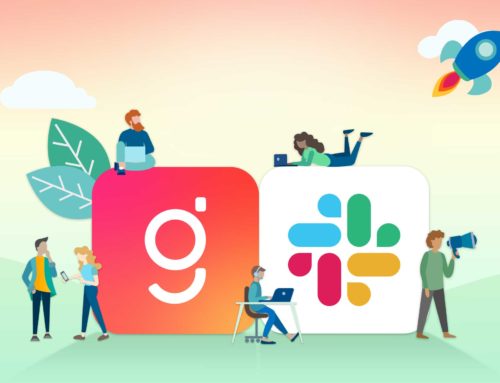“I will never forget this moment”
Those are the words of Shomari Stone, a reporter for NBC Washington, after witnessing and posting a video of two kids jumping a barricade to kneel in front of park police during the social justice demonstrations in DC last month.
It was May 31, 2020, and the 24-hour news outlets had been airing footage of peaceful protests overtaken by riots, looting, violence, and police retaliation in cities all over the nation. In DC, the first major organized Black Lives Matter demonstration was unfolding, drawing thousands of people from in and around the city, eager to make their voices heard.
Leo, 19, and Alexandra, 18, both from a Northern Virginia suburb, were among them. It was their first demonstration. As they marched along in the sea of others, they reached barricades intended to contain the crowds. On the other side, a line of park police stood at the ready. The demonstrators kept coming, amassing behind the barricades. Some chanted, some shouted, some threw water bottles. The people didn’t want to be held back; they wanted to push forward. That’s when Leo jumped over. Alexandra followed Leo seconds later. They weren’t the only ones. Nor were they the first. In fact, Leo later said that he felt compelled – even though it meant breaking the law – after watching others do it before him.
So, what made their moment remarkable for a seasoned reporter like Stone? As he stated in his description of the video, Leo is black and Alexandra is white. But more than that, when the police advanced to push them back, Alexandra wedged herself between Leo and the police. Any use of force would have to go through her, a white girl, to get to Leo, a black boy.
What followed in the moments afterward was a largely peaceful, if not intense, interaction. Words were exchanged, some heated, and the duo was slowly pushed back with no resulting bruising, pepper spray, rubber bullets, or tussles. The park police kept the peace. That time.
Later that same day, Leo would be teargassed and shot with a dozen rubber bullets before returning home mentally, physically, and emotionally exhausted. Alexandra, while not physically between Leo and the rubber bullets, was never too far away. She remained physically unscathed. As they traveled together home, neither of them knew they had become the subject of a video gone viral – until someone recognized them.
Stone’s video ultimately gained over 30 million views across various social channels, drawing over 100,000 comments on the duo’s act of defiance. They had unwittingly become symbols of everything that’s right and (despite Stone’s intent in posting the video) everything that’s wrong with the demonstrations, depending upon whom you ask.
Some commenters express deep admiration for their bravery and solidarity in taking a stand against systemic racial injustice. Others, sharp criticism for breaking the law and inciting disorder by jumping the fence.
But both sides of the argument seem to share one clear consensus. Leo, as a black male breaking the law, was in immediate danger. The rubber bullets he suffered later in the day would make that clear even if Stone’s video didn’t. And Alexandra, a white female, breaking the same law, had the privilege to diffuse what could have become bad situation.
Whether you agree or disagree with Leo and Alexandra’s actions, in that moment they embodied the disparity of justice. They demonstrated exactly why they were there.
Givio spoke with Leo and Alexandra, both of whom are freshmen college students pursuing majors in Criminal Justice. We wanted to hear why they did what they did and what they took away from the experience.
GIVIO: Let’s start with the most obvious question: what prompted you to go to the protests?
LEO: I was sick of what was going on yet found myself not doing anything about it other than posting on social media. It sounds like a cliché, but in high school I was part of an influential clique that a lot of kids looked up to. We had some power, I guess, and I felt like it was up to me to make a statement.
ALEX: I wanted to be there. To show my support for the Black Lives Matter community and for Leo. I think it’s important to speak out and stand up to racism and social injustice.
GIVIO: Were you nervous when you got there?
LEO: (Laughs). I was actually more nervous the other day when some people in our community protested locally, maybe because I knew so many of them. But in DC, no, I wasn’t nervous. Honestly, I felt like God was with me.
GIVIO: What was the energy at the DC protests like?
LEO: Electric. Explosive. You get there and at first the energy is so much you can’t really handle it or take it all on. And then suddenly your voice and your energy become part of it. You’re taking everything in and it takes you over. God had taken over.
ALEX: I’ve never experienced anything like it. Like Leo said, the energy was unreal. It was powerful.
GIVIO: Leo, that’s the second time you mentioned God being in charge. Can you expand on that?
LEO: My mom has always been religious. We’re close. She has a crazy backstory – she lived with nuns when she was born and we went through a lot together as a family. Before the protest I felt like I needed a platform and so I prayed for it. God gave me 22 million views (at the time of the interview). I didn’t plan on that, it just happened.
GIVIO: Take us through what happened. Did you have a preconceived plan for what you would do?
LEO: No, there was no plan. I just felt like God was running things. We were up at the barrier and I saw someone to my left go over the side and I just did the same thing and went over.
ALEX: I was surprised he went over; I didn’t expect that.
GIVIO: Why did you join him?
ALEX: It happened so fast. I just sort of knew I needed to go with him. I didn’t want him to get hurt.
GIVIO: Were you scared?
ALEX: I was scared for Leo. I didn’t have time to think about anything else. I just wanted to put myself in front of him because I didn’t think they would do anything to hurt me.
LEO: I didn’t even notice she was there at first, it was just so loud and crazy. And then I realized she was there, and I was grateful for it.
GIVIO: What did the police do?
ALEX: They kept pushing us back toward the rope and they pushed me onto Leo. Eventually we were pushed back to the other side of the rope.
GIVIO: What happened later in the day?
LEO: We noticed a group of people were headed toward Lafayette Park to walk around the White House. But the police were walling us off to stop us. And then they threw those flash-bang things and sprayed us with mace. I watched a girl get pushed to the ground and dragged on the asphalt by the cops, so I reached down to help her up and I got hit with a baton. Then they fired a bunch of rubber bullets into my legs – I got hit 12 times (shows us his wounds). I got treated by the EMTs.
ALEX: I didn’t get hit by the rubber bullets or tear gas or anything. I wouldn’t have been as big a trooper as Leo if I had. (Laughs)
GIVIO: How have people responded to the video?
LEO: It’s been overwhelming. Tons of love. People that I have always admired and looked up to have reached out and given me mad respect, told me they admired what we did. It’s been really nice to know we did make a difference to people. But not everyone. A few people called me out, for breaking the law. I understand that. It was dangerous. Not everyone agrees with it.
GIVIO: You knew you were breaking the law. What do you say to people who criticize you for that?
LEO: Yeah. Sometimes you have to do something drastic to make your point. Words only go so far. And enough is enough. It’s got to be more than that. So, you can stand in line, or you can jump over a fence and make a point. I get why people have criticized. But I think sometimes it’s necessary.
ALEX: I don’t have any regrets. I understand why some people criticize. But in the moment, that was the right thing to do. I’m glad I did it.
GIVIO: Do you have future plans related to the protests in particular or social change in general?
LEO: On the way back on the bus we were instantly recognized by some people who work with the APAP movement, All Power to All People. They talked to us about what we did and how we could work with them to make a difference. So, we’re going to be working on that.
GIVIO: What advice might you offer to other young people interested in creating positive change?
LEO: Educate yourself. Try to learn as much as you can about what’s going on. And stay true to yourself. It will take you where you need to go.
If you’re searching for ways to make a positive difference, but can’t participate in demonstrations yourself, consider giving to nonprofits that are focusing their efforts on social justice initiatives in your neighborhoods, and around the nation. You can find thousands of them on the Givio app.




